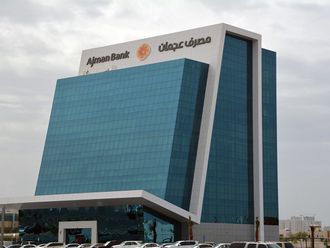London: A group of small businesses that claim to have been pushed to the brink of collapse by Royal Bank of Scotland’s restructuring division are gearing up to take the state-backed lender to court.
About 270 small and medium-sized companies have united to claim that RBS’s Global Restructuring Group, which was being offered as a “means to help”, was actually sizing up assets that could be acquired if the companies became distressed. The RBS-GRG Business Action Group is planning an “unlawful means conspiracy action” case against the bank and four individuals who held senior posts at the time of the alleged wrongdoing.
A spokesman for the group said the senior executives who were set to face allegations in the case would include the bank’s outgoing chairman Sir Philip Hampton and its former deputy chief executive Chris Sullivan, who departed at the end of last year. Derek Sach, who was head of GRG, and Aubrey Adams, the chief of the unit’s property division, will also face allegations.
Although the group has not yet filed a claim, it is ramping up the process by hiring Enyo Law to lead its case, along with QCs Lord Pannick and Andrew Hunter. RBS’s unit was last year accused by Lawrence Tomlinson, adviser to business secretary Vince Cable, of attempting to profit from the financial distress of small businesses, which the bank has denied.
But an RBS-commissioned review of GRG published last April by law firm Clifford Chance found no evidence of the bank systemically defrauding customers, noting that the lender successfully turned round most of the clients it worked with.
The bank, which is the UK’s largest lender to small businesses, said it would make a number of changes to the way it handles companies in distress, including the closure of its property unit West Register. But RBS has come under further scrutiny recently following claims that it has mis-sold government-backed loans to small businesses.
The bank is now reviewing 1,800 businesses given unclear information on the terms of loans it offered through the government’s Enterprise Finance Guarantee scheme. A number of small businesses in default or severe distress had complained they were incorrectly informed about the amount of the loan that they were due to repay.
— Financial Times












